Growing up without enough emotional support or socialization affects people through adulthood. If you’ve always wondered what parts of your childhood contributed to your personality, it’s time to consider how lonely you felt. These are a few typical signs that someone was lonely as a child. No matter how many you recognize as part of your identity, it’s never too late to start your healing journey.
1. You deal with social anxiety.
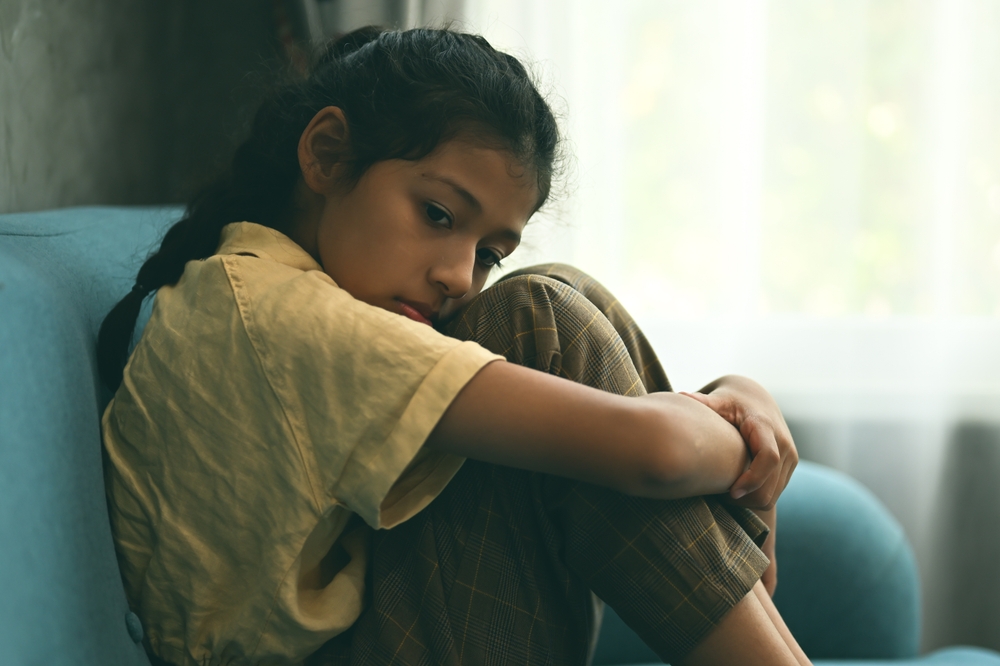
Everyone occasionally gets anxious about seeing people. It’s a standard part of leaving for a job interview or meeting a new friend in person for the first time. However, you shouldn’t have to feel social anxiety in any setting. Experts estimate that nearly 15% of American adults have this condition. There are many reasons it develops, including a history of people leaving you alone in your childhood.
Your anxiety might represent your instinctive fear that someone will abandon you again if they realize you’re not worth their time. It depends on how you explained your loneliness to yourself during your childhood.
2. You never vocalize your needs.

People sometimes complain about others being needy. People who grew up feeling lonely might worry about seeming needy if they vocalize concerns, discomforts, or opinions. Isolated kids can understand how it’s easier to desire someone’s presence if they’re only ever happy and easy to be around. It follows people into adulthood, ultimately burying their ability to vocalize their needs or recognize them in the first place.
3. You instinctively do everything by yourself.
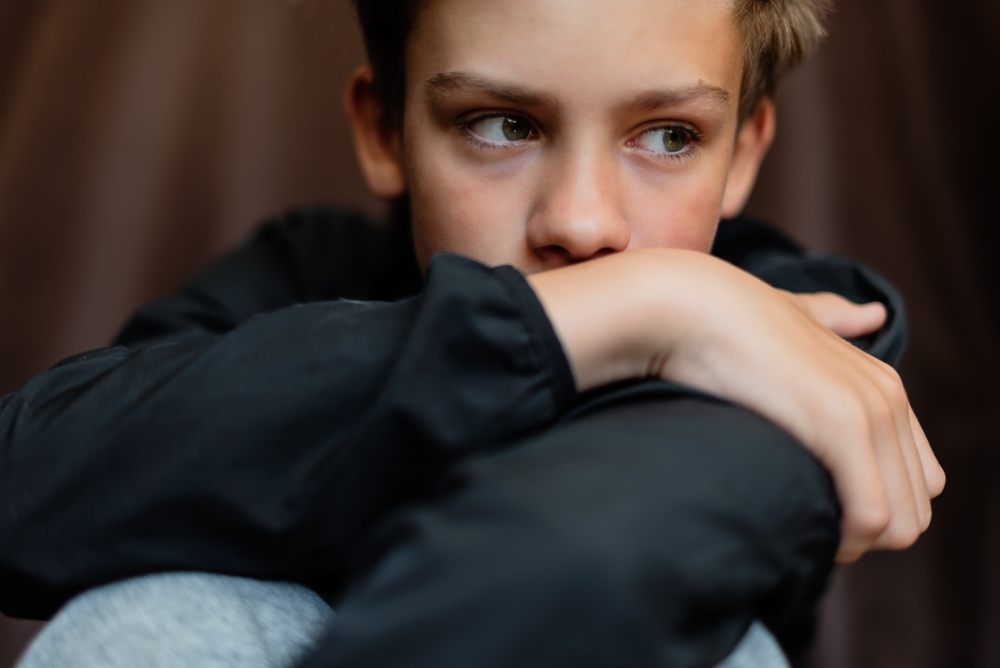
There’s no one to help you when you’re alone. Kids who lack support from family members and friends learn they can only rely on themselves. It turns young people into hyper-independent adults who may never consider asking for help with anything. They assume no one will want to help, or that people might think less of them for needing assistance.
This skill makes many quiet individuals great at leading an effort because they’ll ensure they know how to do it correctly with little to no assistance. You might have taken on leadership positions in group projects at school or taken on extra responsibilities at previous jobs without a promotion. Although developing multiple skill sets can help you in life, never asking for support also means you never get very close to anyone.
4. You reject most social invitations.

Think about the last time someone suggested getting dinner together or hanging out on the weekend. Did you automatically find a reason to say no? Rejecting these types of invitations is an extension of social anxiety. You might automatically push people away to prevent the pain of being left alone again eventually.
5. You struggle to identify toxic relationship dynamics.
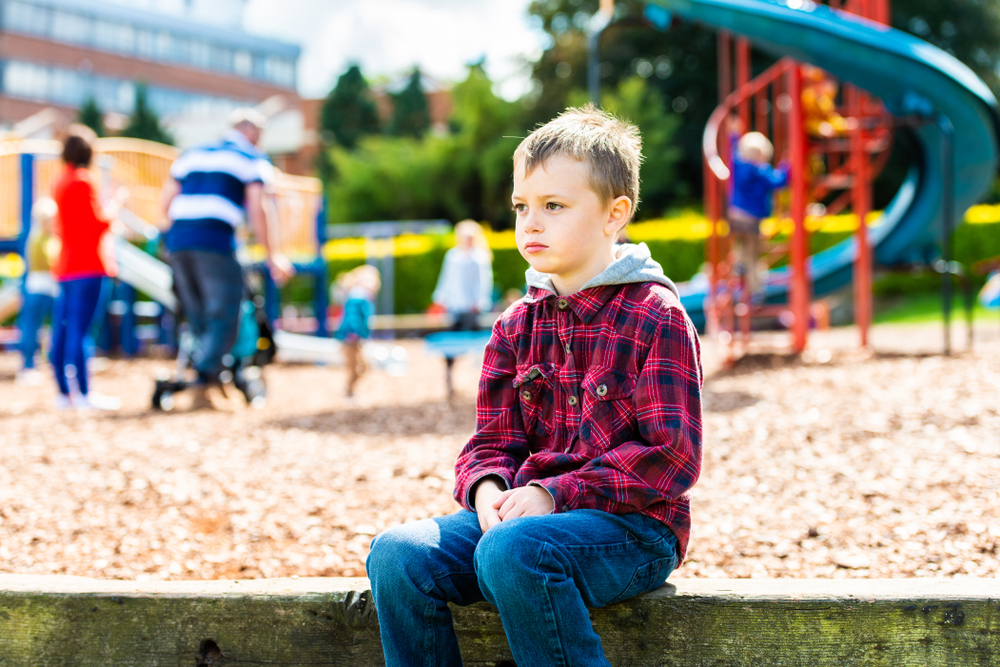
Unfortunately, romantic and platonic relationships aren’t always healthy. People might introduce toxic behaviors into the relationship that you let slide. Maybe you think they’re too stressed to be kind right now, or they’ve been through so much in life, you can’t possibly make things difficult for them by telling them no. It’s easy to explain moments like that away, but when they happen all the time, you’re likely in an unhealthy relationship.
Some toxic traits are also harder to identify when you’ve been alone. When a friend or partner doesn’t express physical affection when you need emotional support, your ability to self-soothe might compartmentalize the resulting pain of rejection. No matter what happens, you might ignore potential red flags in order to not risk being alone again.
6. You stick around after recognizing a toxic individual.

There’s also a moment where red flags become unavoidable. Maybe someone’s toxicity hurts you so badly, you realize you want out. In that moment, people who grew up mostly alone might decide to push through the hard moment. It’s all too easy to think you can fix the toxic person or finally be happy with them if they grow up a bit more.
7. You never fully trust anyone.
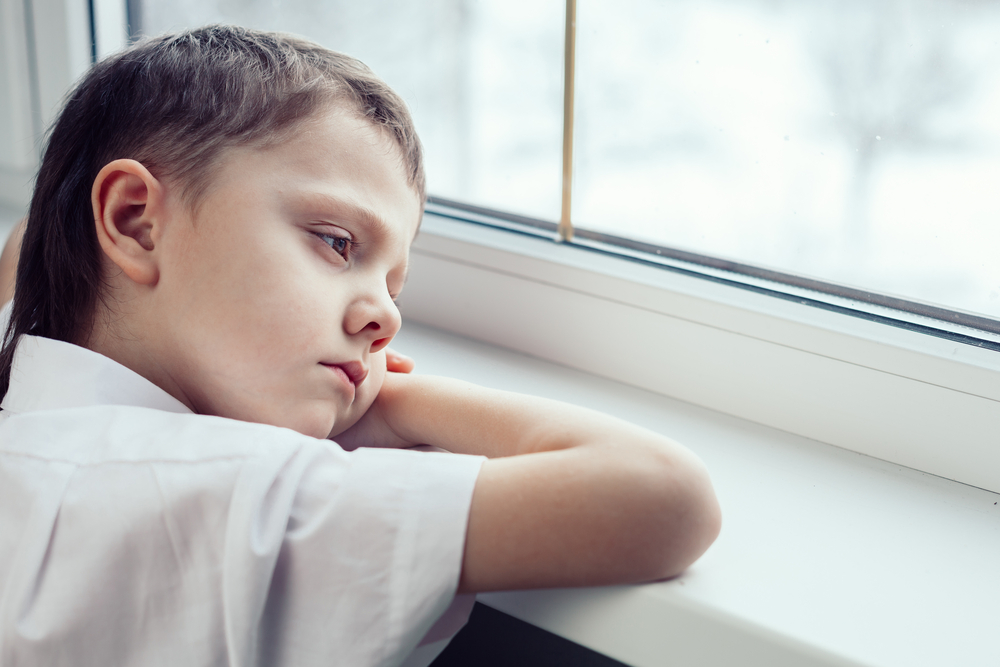
When someone isolates a child, it teaches that child that rejection can come from anyone. They might grow up without fully trusting people to save themselves from potential isolation. You could feel like it’s not possible to fully know someone. When you feel safe, that’s the moment it’s possible to lose them.
Although there are valid reasons not to trust some people, like if someone’s prone to gossiping your secrets, it’s not healthy to be alone all the time. Trust is essential in relationships of any kind. Learning how to trust people isn’t impossible if you unravel your hesitations with someone like a licensed therapist.
8. You sometimes feel distanced from your body.
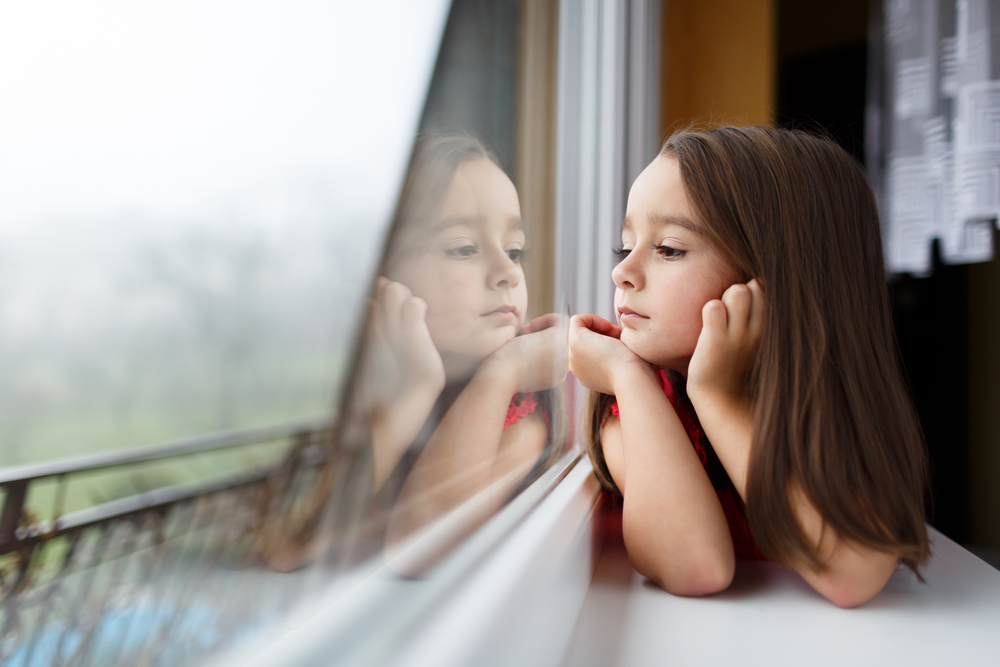
Kids may dissociate when experiencing trauma like emotional or physical neglect. They don’t have the power to change anything or enough information to understand why the neglect is happening. As a result, the child might mentally detach from their body to escape the weight of their emotions. You may have experienced traumatic loneliness as a kid if you routinely bury your emotions, feel numb in your body or disconnect from the people around you when your anxiety gets worse.
9. You can’t really handle more than one friendship at a time.
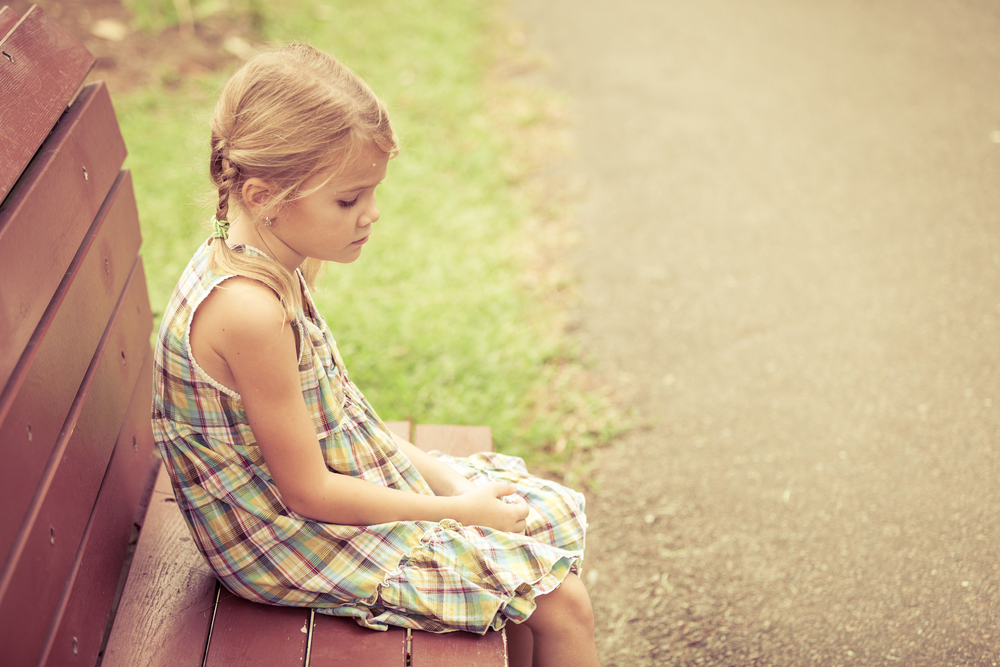
Keeping up with friends and family takes work. The work feels much more intense when you’re also terrified of growing close and losing those people. Your traumatic childhood experiences with loneliness could have resulted in limiting yourself to one friend at a time. There’s less risk involved that way, especially if you pour all of your time and energy into that one person. There isn’t anything left over for anyone else.
10. You don’t vocalize when someone crosses your boundaries.
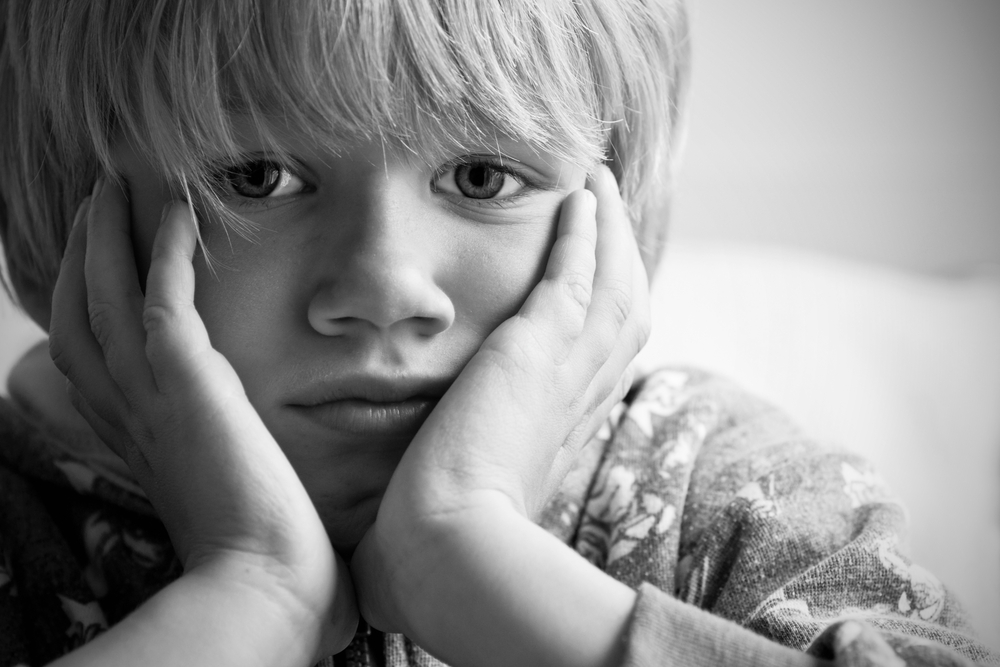
It’s hard to set and maintain boundaries when you’re scared of people leaving. Saying no means someone might see you as difficult. Difficult people aren’t enjoyable to be around. Adults who survived loneliness in their childhood might apply this way of thinking to the smallest and biggest crossed boundaries.
Imagine a friend texting you long into the night, even though you never stay up late. You might continue texting them as you battle drowsiness instead of saying you’re tired and want to sleep. The thought of doing that might make you feel panicked. It feels safer to stifle your needs and live without boundaries to keep people around.
11. You do anything to avoid conflict.
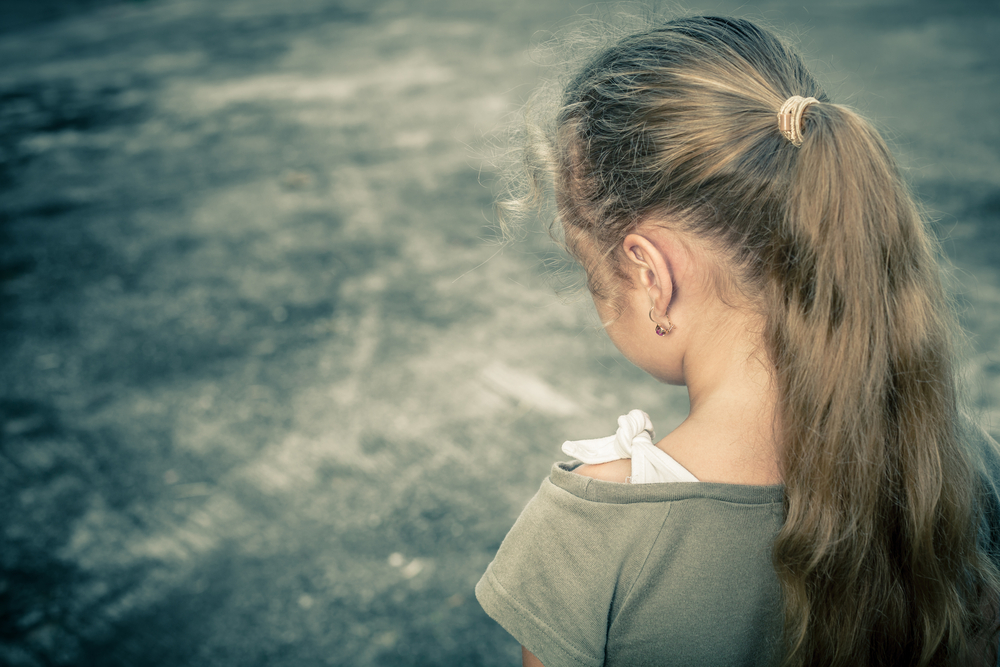
Loneliness teaches people to avoid conflict. If there aren’t any problems in the relationship, everyone stays happy together. The more you choose to avoid conflict, the more it happens instinctively. You might not recognize your hurt feelings until long after you’ve left the situation. Your hurt emotions build until an explosion occurs because no one can compartmentalize their needs forever.
12. Your hobbies happen mostly or exclusively by yourself.

Consider how many hobbies you have that involve other people. Are you part of a sports team, a community group or an online club? Solitary hobbies are most important to people who don’t feel safe bonding with others. Maybe you didn’t have a friend group as a kid. Maybe you’re scared to mention your hobbies to someone now because you’re worried they’ll think you’re lame and leave you. It all stems from a childhood of traumatic loneliness.
13. You easily overshare in conversations.
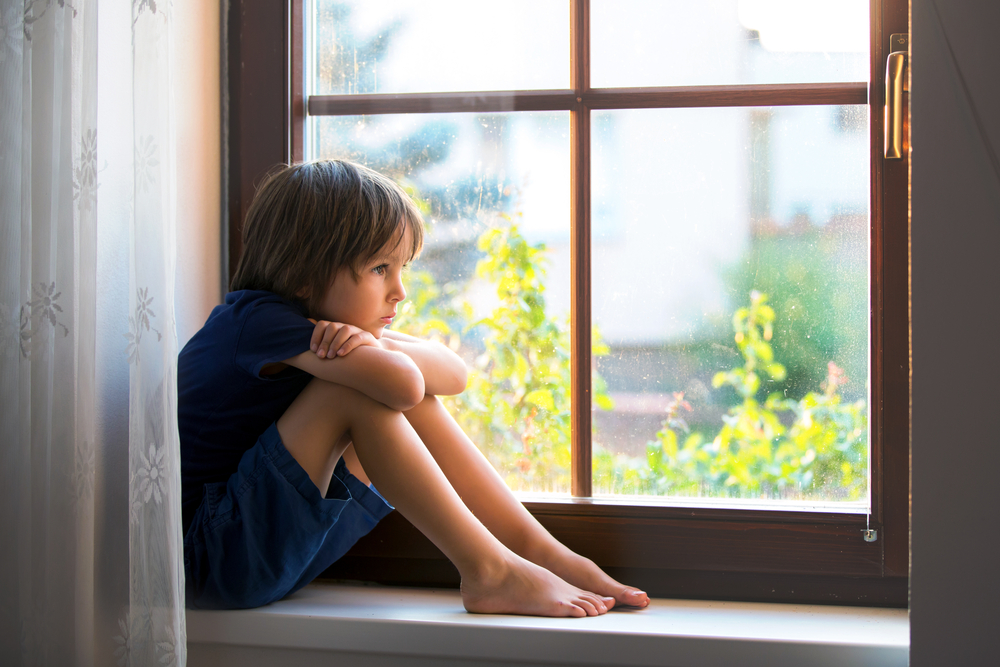
Oversharing comes from an inner need to keep people around. The longer you talk, the longer they stay. If you talk about something extremely personal, you might make them care more about you too. Who wants to leave a close emotional connection? This becomes a problem when you never think to protect your secrets or when someone doesn’t share the same level of emotional intimacy.
14. You’re always apologizing, even if no apology is necessary.
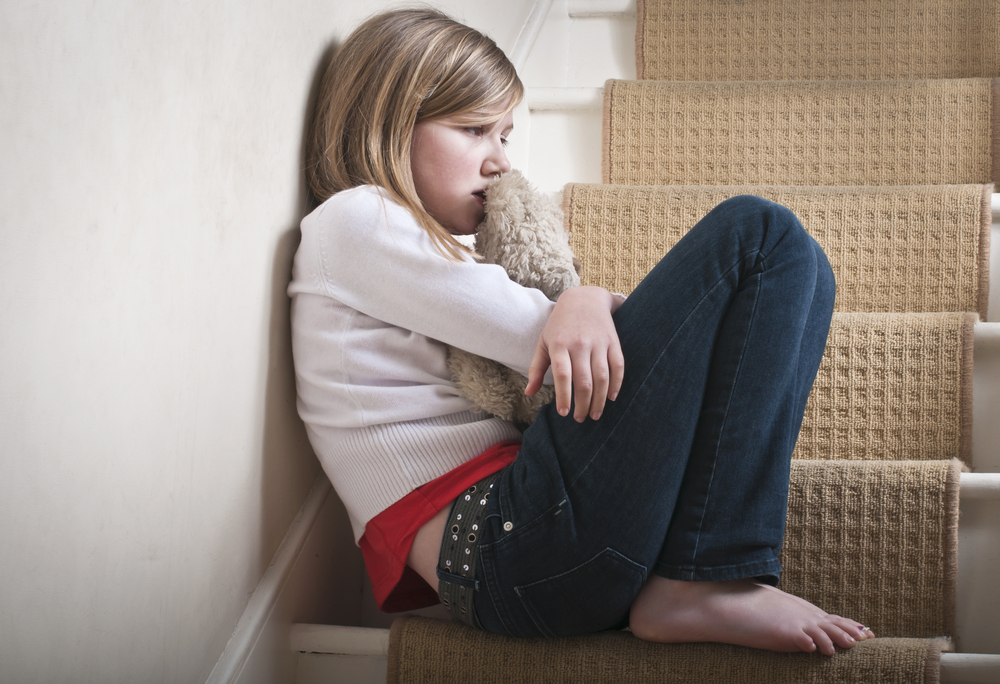
Overly apologetic people want to keep the peace. It comes from people pleasing or fawning as a means to prevent rejection. When someone mistreated you as a child, your younger self appeased them in any possible way to stay emotionally or physically safe. It’s good to apologize when you’ve made a mistake, but apologizing when nothing’s wrong means you might be scared of people leaving you alone.
15. You lack any self-worth.
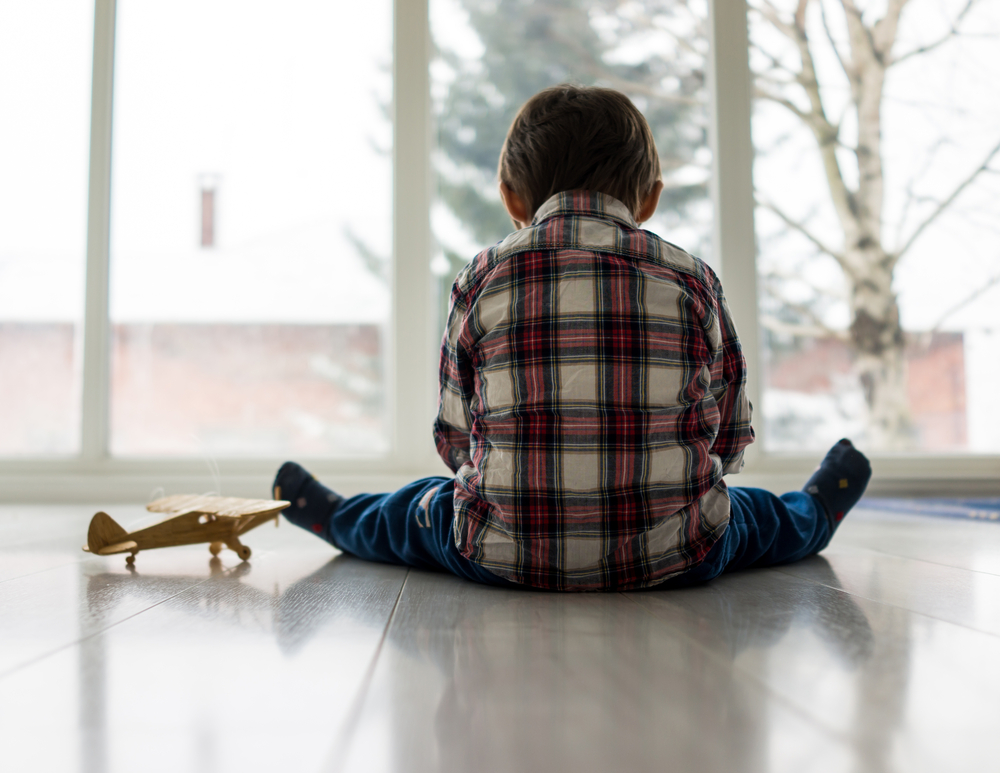
If you were alone all the time as a kid and blamed yourself for it, you might not currently have much self-worth. Kids who blame themselves might think there’s something wrong with them to explain why someone left them alone. It’s another symptom of isolation that’s possible to work through in therapy when you’re ready to grow.
Enjoy this piece? Give it a like and follow PsychLove on MSN for more!



